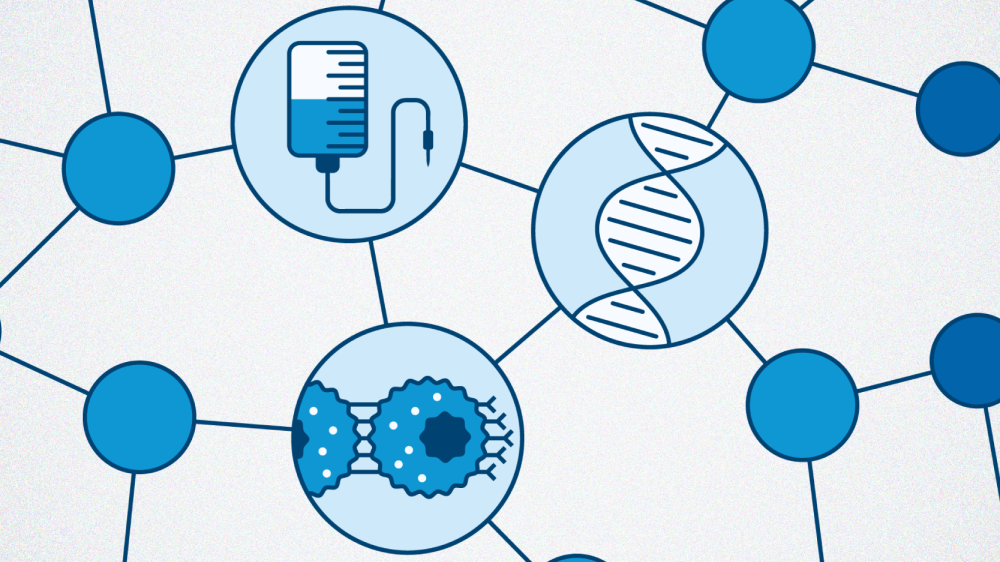Oncology portfolio
Projects in the NC3Rs oncology portfolio focus on three key areas:
1. Developing new in vitro oncology models
Our Project grant and PhD Studentship schemes support the development and validation of new oncology models.
Models that have been developed include:
- An ex vivo patient tumour model for personalised drug screening. Dr Spencer Collis (University of Sheffield) has established an ex vivo method for screening the response of glioblastomas from patients to anti-cancer treatments. Up to 165 treatment options can be tested from a single sample, replacing the need for patient derived xenograft models in personalised drug screening.
- 3D bioprinted microtissues for pre-clinical testing of leukaemia therapeutics. Dr Deepali Pal (Northumbria University) is combining induced pluripotent stem cell technology with a synthetic biogel and 3D printing to create an in vitro bone marrow model which supports the growth of patient-derived leukaemia samples and can be used for drug safety and efficacy testing.
- An explant-on-chip device to study early stage cancer metastasis. Dr Daryl Overby (Imperial College London) is developing a device where ex vivo tissue from key metastatic sites (brain, lung and liver) can be perfused with media and maintained in culture for at least six days. By adding labelled tumour cells to the perfusate, early stage tumour cell dissemination and colonisation in distant organs can be studied.
2. Dissemination of oncology models to encourage uptake
We have supported the transfer of oncology models between laboratories. This includes six Skills and Knowledge Transfer awards funded in collaboration with Cancer Research UK.
- Transfer of an “epithelioid” model to culture tumours from patients. Dr David Fernandez-Antoran (Gurdon Institute, Cambridge) has developed a new method of culturing tumour tissue from patients through initiating a wound healing response. This has been transferred to colleagues in Cambridge and Manchester to culture different tumour types and investigate tumour response to treatment.
- Adapting a synthetic hydrogel to replace patient derived xenograft and matrigel organoid culture. Professor Rob Clarke (University of Manchester) has worked with Professor Cathy Merry (University of Nottingham) to adapt a synthetic hydrogel for serum-free culture that to support the growth of breast cancer stem cells in vitro. This has been used to culture breast cancer cell lines, cells isolated from xenograft tumours and cells taken directly from patients with different molecular subtypes of breast cancer, and has been shared with collaborators in the European Network of Breast Cancer Development and Cancer.
3. Supporting development and uptake of refinement approaches
Our refinement projects aim to improve welfare where animal use is necessary for oncology research.
- Refining soft tissue targeting in small animal radiotherapy. Dr Karl Butterworth (Queen’s University Belfast) has applied high precision radiotherapy techniques used in patients to preclinical studies to minimise off-target soft tissue damage and reduce the pain experienced by experimental animals.
See the full list of oncology models that we have funded in our Portfolio and models developed in other research areas which could be used in oncology projects.
If you would like to discuss accessing any of the models developed with NC3Rs funding in your oncology research please contact Dr Rachel Eyre (Rachel.eyre@nc3rs.org.uk).
Return to the oncology hub to learn more about our Oncology Network, find funding opportunities and view NC3Rs resources useful for oncology researchers developing 3Rs models.

